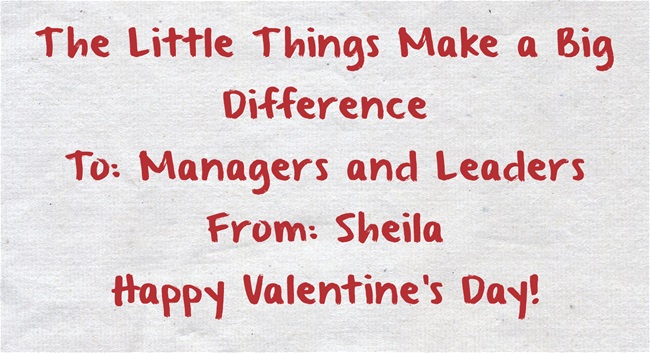This is a real account from a person who used to be the manager’s favorite and then went on to display workplace favoritism behaviors herself. She wanted me to share her story, but didn’t want me to reveal her identity. Workplace favoritism refers to when the manager gives the preferential treatment to people he or she likes better for personal reasons rather than to those who perform better.
So I was the favorite. The person who receives special privileges from the manager. I was on the manager’s good side for reasons other than performance (which it took me a long time to admit). We had a lot in common since we’d both attended the same college and had interests in exercise, shopping, and health food. She would come to my desk and start talking to me while ignoring the others and then ask them to pick up the slack during our long lunches.
Being the favorite had a lot of perks. I received the best projects. I even received credit for someone else’s work because the manager asked me to do the editing on it and then rewarded me for it while ignoring the person who’d actually done the work. I’m not proud to say that I didn’t try hard enough to convince her that I wasn’t the one who deserved the credit.
 I started believing that I was better and even started giving the other employees some of my work to do. It was nice knowing that I was appreciated. It made me feel as if my job was secure and nothing could threaten it. I always managed to get my work done, but I spent more time talking to my manager and making sure she kept her favorable impression of me.
I started believing that I was better and even started giving the other employees some of my work to do. It was nice knowing that I was appreciated. It made me feel as if my job was secure and nothing could threaten it. I always managed to get my work done, but I spent more time talking to my manager and making sure she kept her favorable impression of me.
I knew that my co-workers were talking about me, and at first, I really didn’t care. I just figured they were jealous. I started coming to work later and leaving earlier. Sometimes, I’d get to work from home, even though the option wasn’t offered to any of the other team members. Even though I knew that I received the best treatment, I convinced myself it was because I was the best performer on the team and deserved it.
It started to bug me that the other team members didn’t want to be around me. When a few of them left the team, I told myself they didn’t fit in anyway. But before I had a chance to really worry, I was promoted. One promotion later and I became a manager myself.
When I started managing a team, without realizing it, I started playing favorites as well. I didn’t see the harm that I was doing until three people left my team within a few months. That was one-third of my team. I knew that things had to change, but didn’t know (or didn’t want to admit) what I was doing wrong. I begged Human Resources to see the exit survey results and they shared them with me (without names).
At first, I was angry to see how my team members perceived me, but then I took a step back and asked Human Resources to design and administer a survey to my remaining team members. I didn’t want to do it myself, because I didn’t want to sway their responses. Sure enough, the responses came back showing how disengaged my team members had become due to my favoritism behaviors.
Then I had a thought that shook me. My favorite may turn into a manager like me someday. I was acting like a horrible manager and role model. I needed to do something to gain the trust of my team, but I knew it wasn’t going to be easy.
Now, a year has gone by since I learned how the team perceived me and I’ve just received my new survey results. There has been an increase in engagement, an increase in team members’ trust in me, and a decrease in my favoritism behaviors. It took a lot of work to get here and I’m still not where I want to be, but I’m getting there. I’ve learned firsthand that it’s a lot easier to start out on the right foot than to go back and try to repair the damage you’ve done. But it can be done. And it’s never too late to start.
